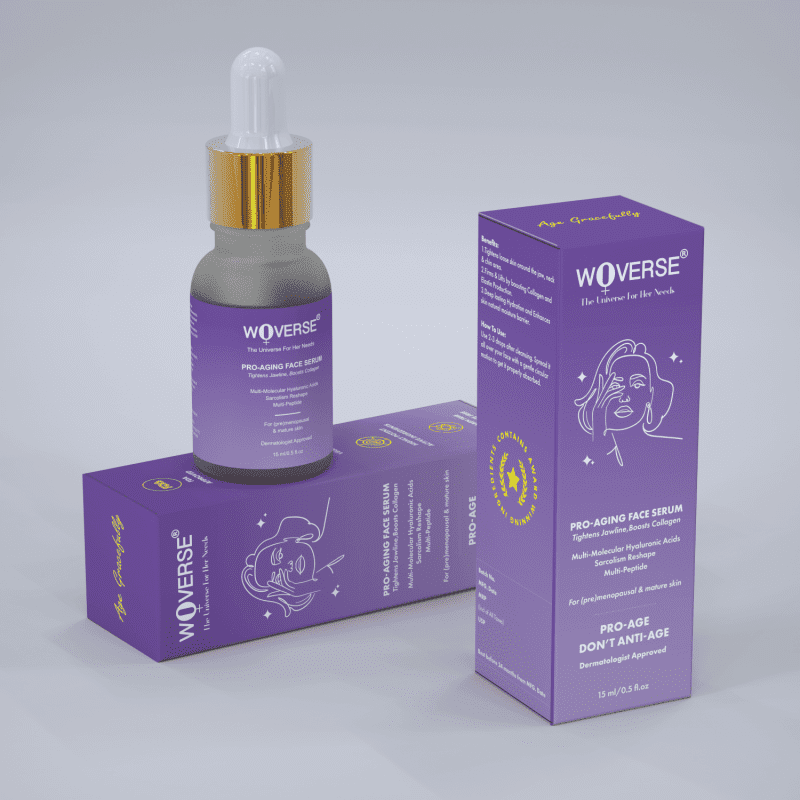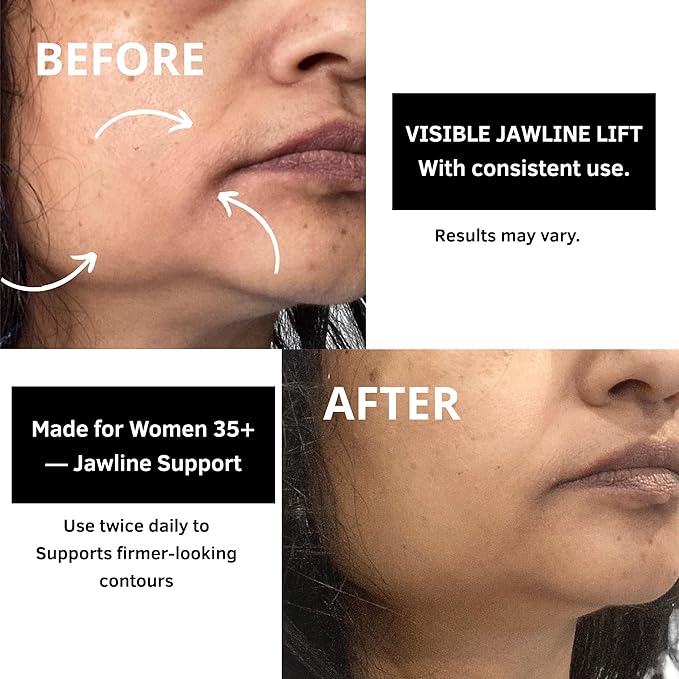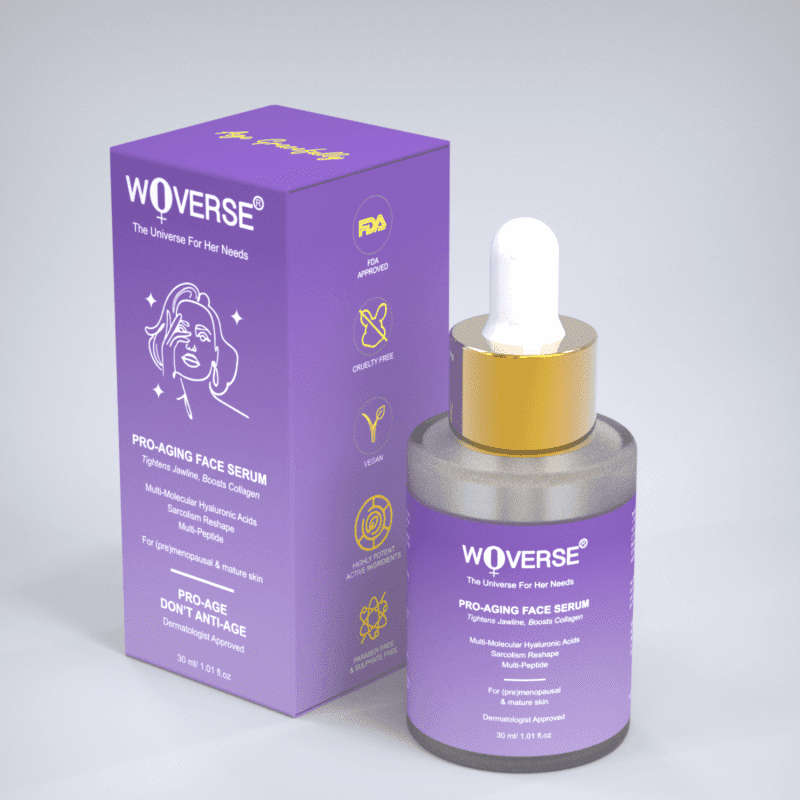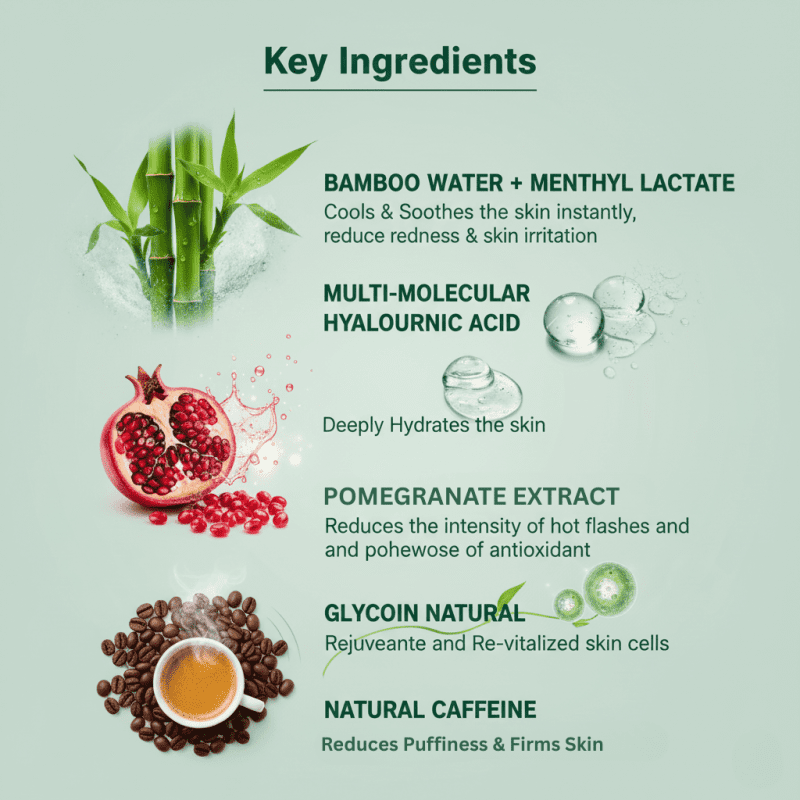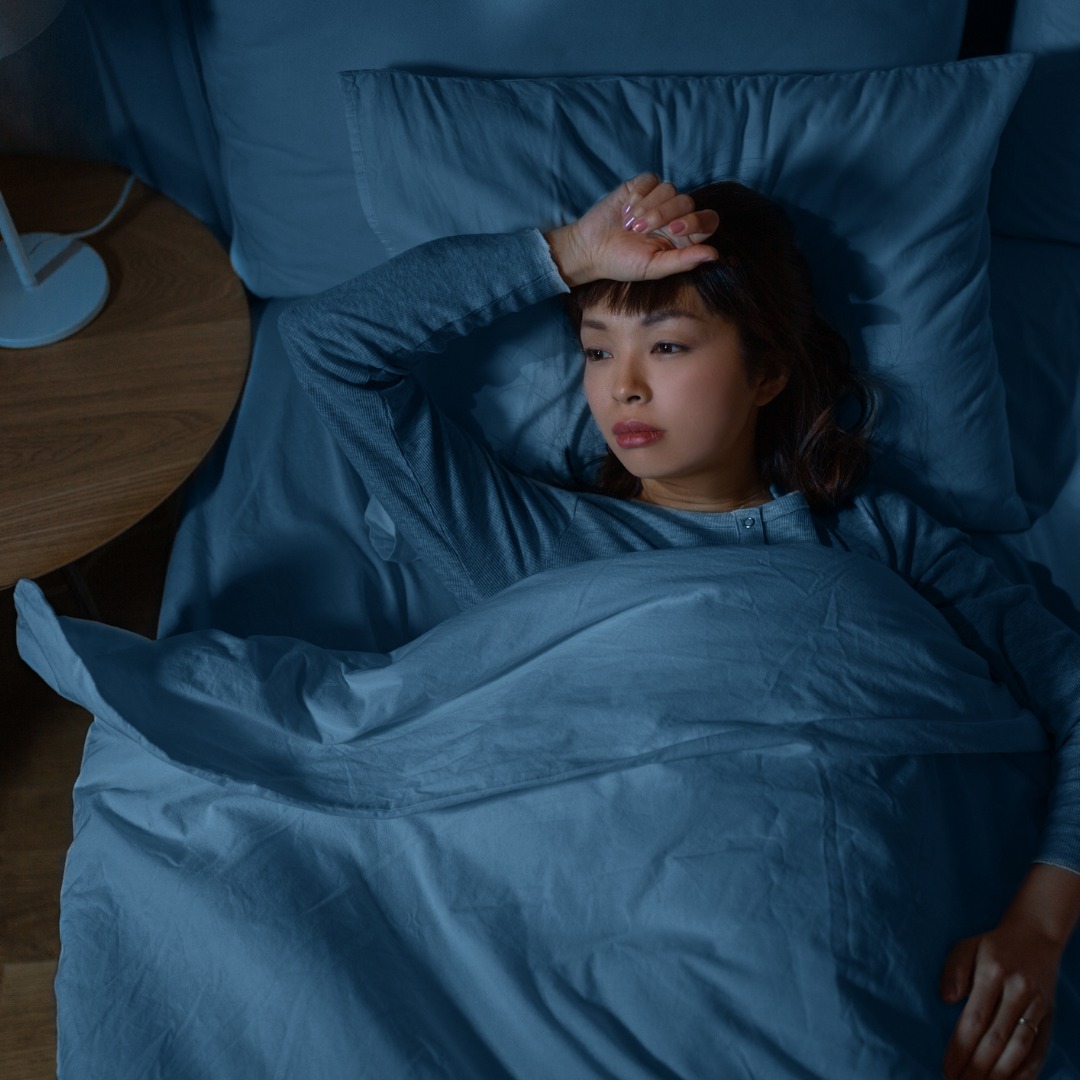
What is sleep trouble?
You’re tossing and turning and suddenly that early bedtime you planned for is no longer in the cards. Or, maybe you did fall asleep early but it’s now 3:00 am and you’re wide awake. Or you’re up at changing your pajamas and the sheets because you’ve had a dreaded night sweats. Sound familiar?
Why It Happens?
Sleep disorders are a common symptom of menopause, affecting nearly half of women. Fluctuating hormone levels, including the loss of estrogen and progesterone, are the main culprits. Estrogen affects the metabolism of neurotransmitters that affect sleep patterns, while progesterone has sedative and anxiolytic features. Other factors that can affect sleep during menopause include:
- Thermoregulation
Estrogen withdrawal causes the brain to become more reactive to temperature shifts, leading to cooling processes like sweating, at lower core body temperatures.
- Circadian rhythm
Many people experience a weakening of their circadian rhythms, the biological processes that operate according to a 24-hour clock.
- Obstructive sleep apnea
Weight gain after menopause can lead to anatomical changes in the upper airway, which can cause OSA.
What can you do ?
There is! Getting good sleep is easier said than done, but here are some things that can be helpful.
- Set a bedtime and a wake time and as often as possible, try to stick to those times. Be realistic about what you can do.
- Create a bedtime routine, and try to stick to it. Start to wind down around 30 minutes before bed. Meditate, listen to relaxing music, whatever works for you.
- Try to eliminate or limit screen time late in the day. If you have to, keep your phone outside your bedroom overnight.
- Keep your bedroom cool. Breathable cotton sheets will help.
- Invest in a set of blackout shades to keep out unwanted light at night.
- Move daily, and get plenty of light during the day.
- Avoid caffeine in the afternoons and evenings.
- Avoid excess alcohol.

